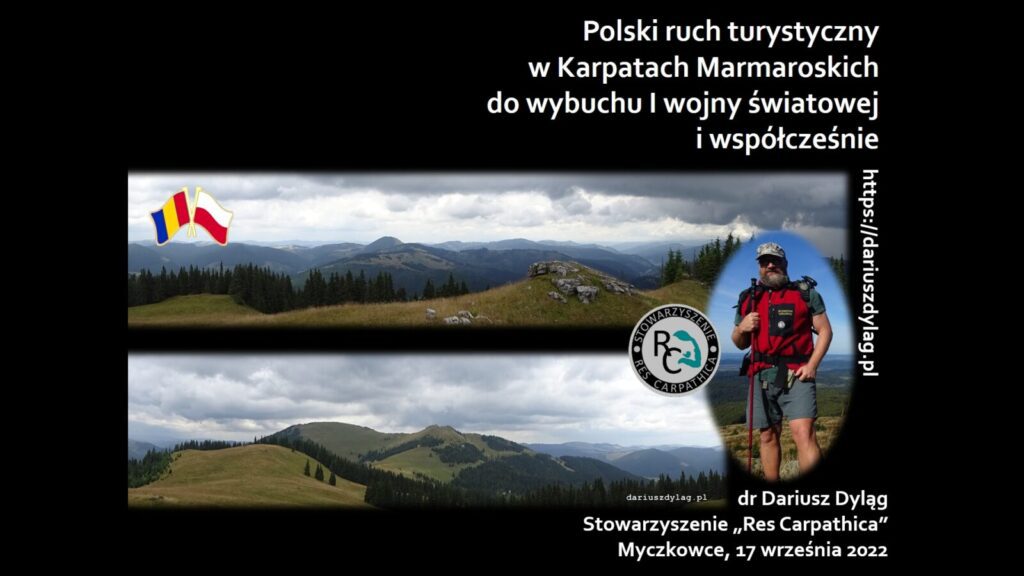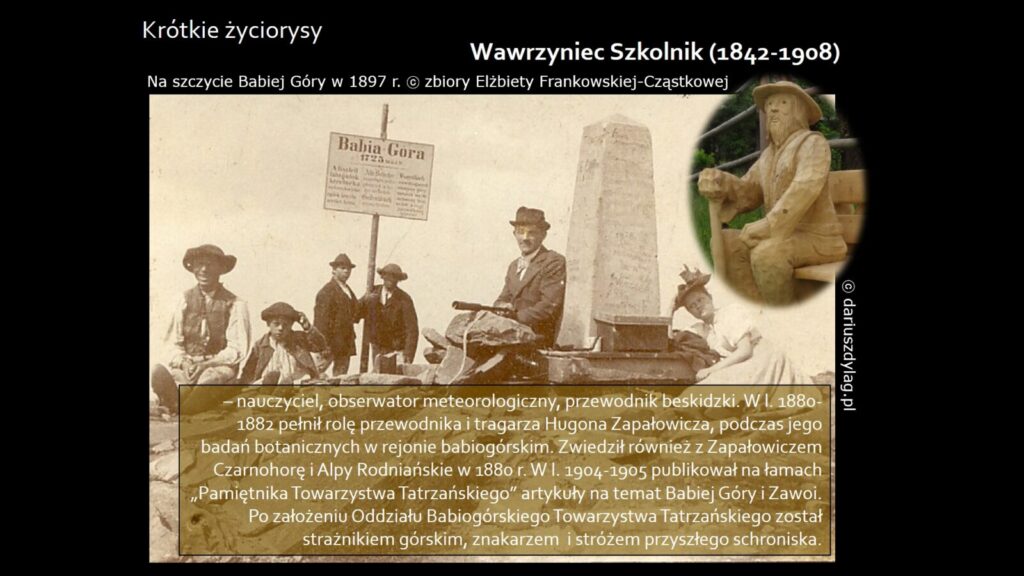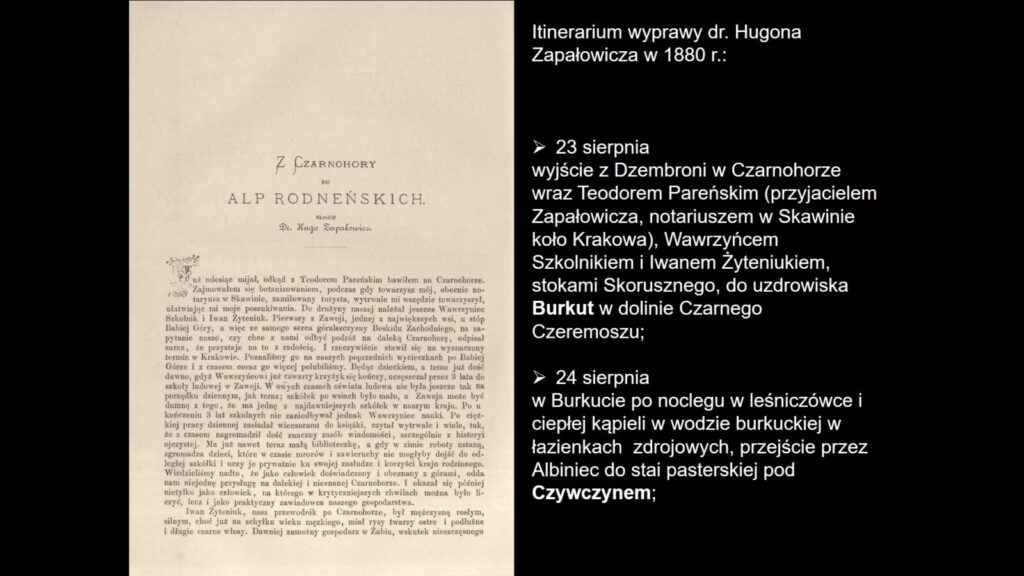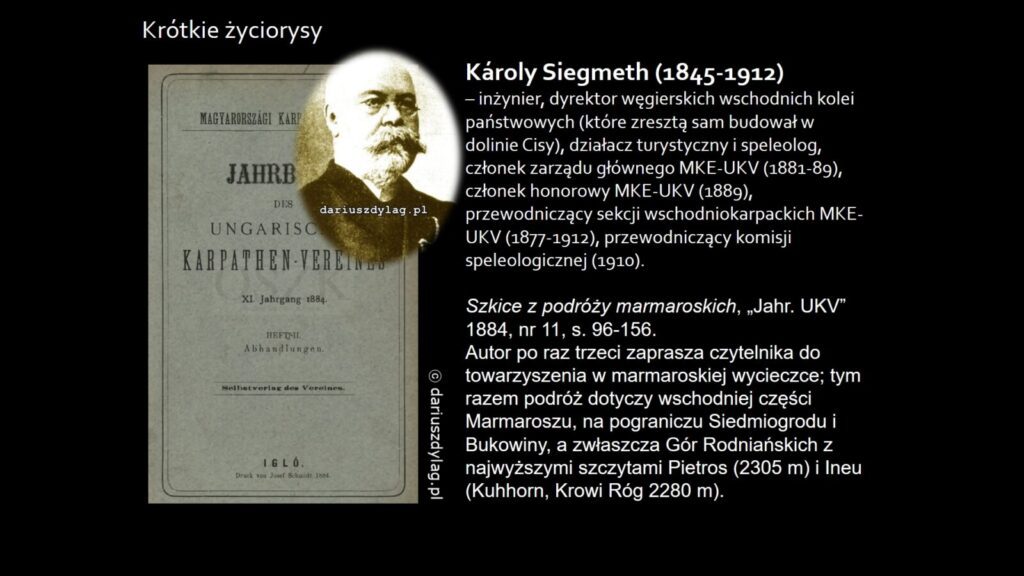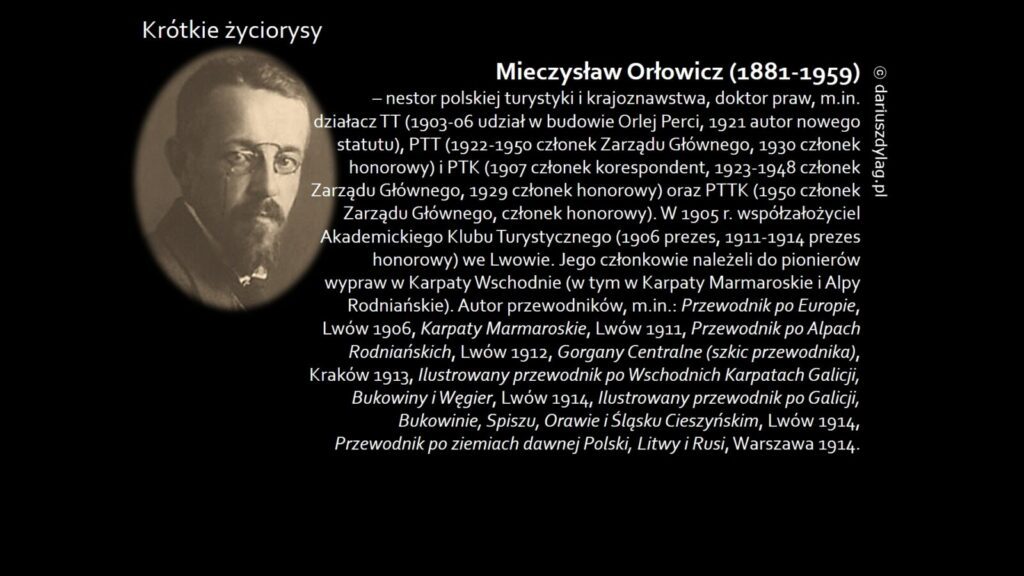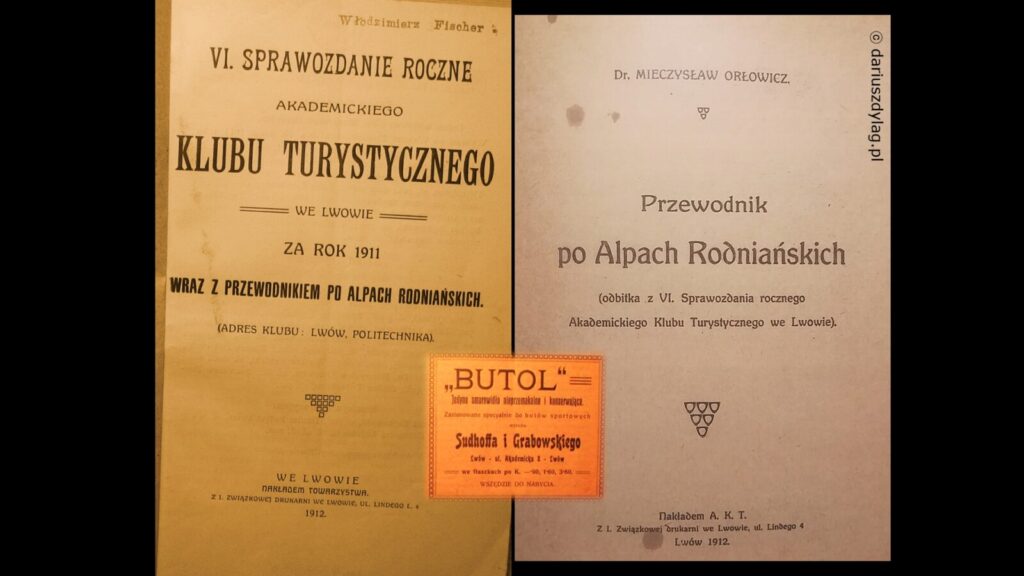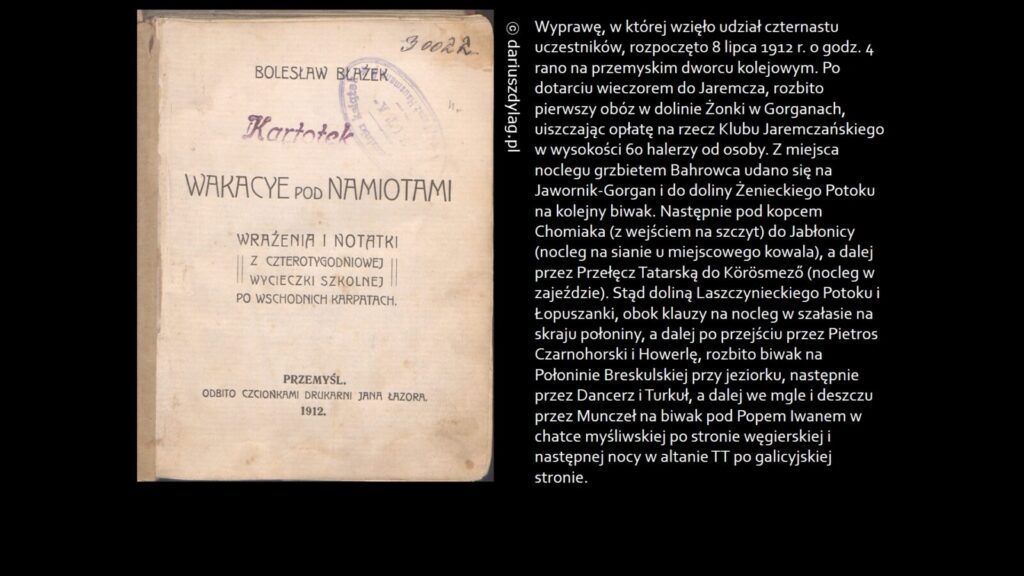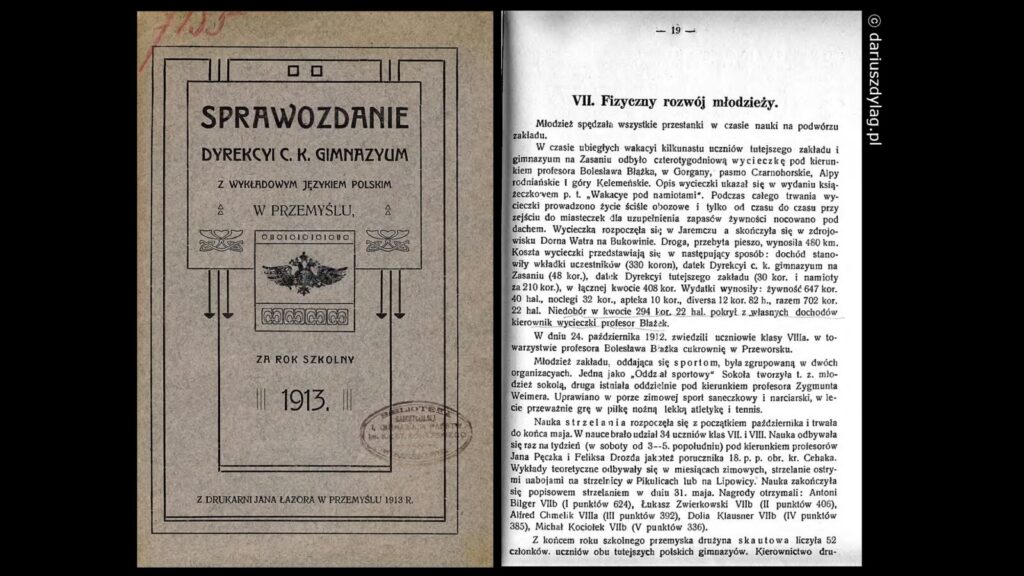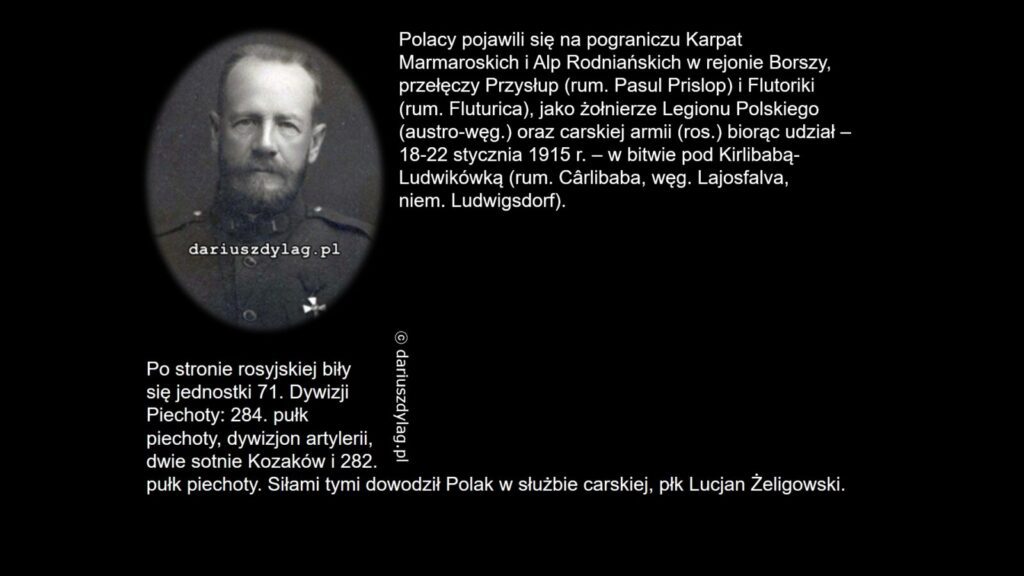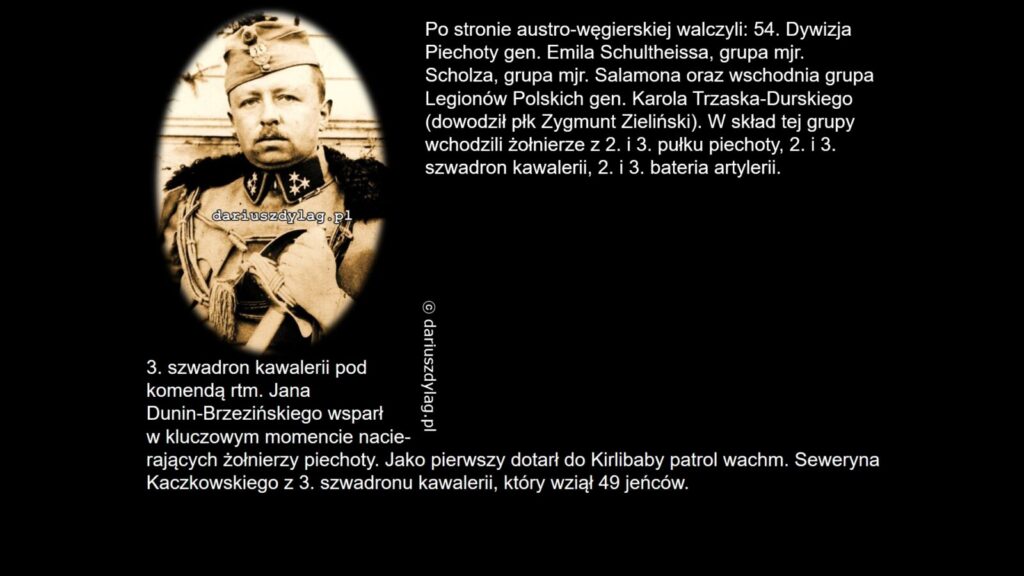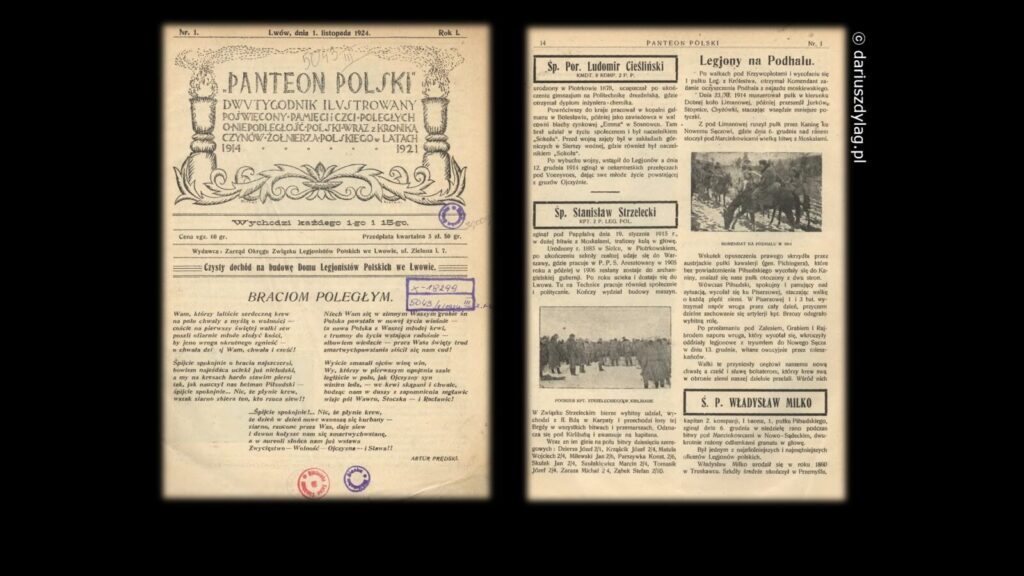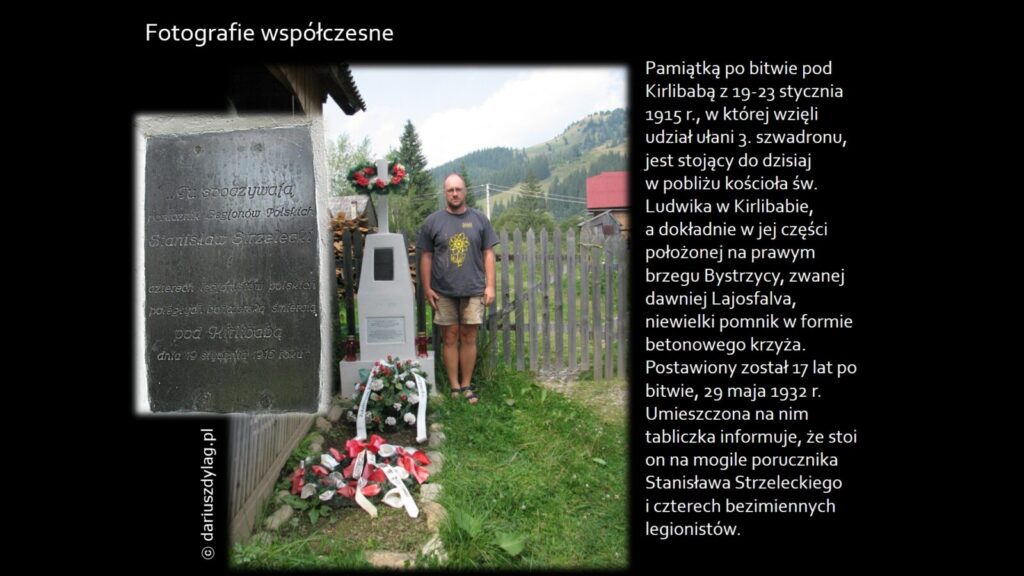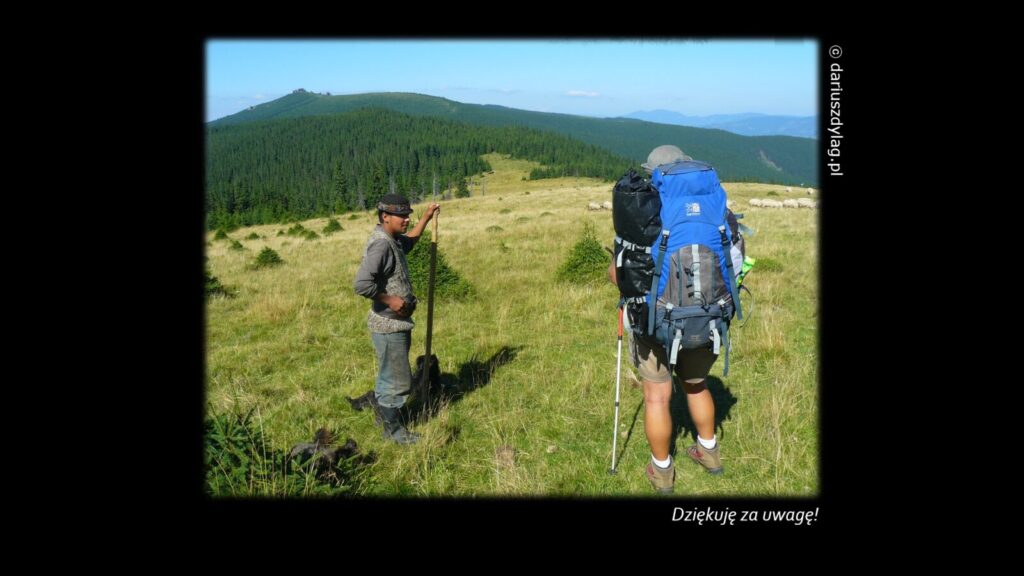When we think of the Carpathians, one of the first associations is biodiversity. These are monumental mountains stunning in their beauty and number of species of animals, plants. They are treasures on the surface, but also hidden deep, deep underground. This extraordinary richness naturally created the activities about which the fourth conference was about Przemysl Cultural Society of the series "Events and People of the 19th and 20th Centuries - Przemysl, Przemysl Land and Subcarpathia in the Carpathian Europe", which took place near the breathtaking Solina River - Myczkowce. Speakers shared interesting facts about geology, talked about the pioneers of tourism, spas, folk beliefs, herbalism, jar cuisine.
The host of the meeting, the president of PTK Marek Kuchciński, who himself "during the communist era" cultivated herbs and eco-vegetables, including spraying tomatoes with diluted milk, stressed that combining so many topics will certainly have a positive effect, as one results from the other, and together they form an important set of natural, cultural and geological biodiversity of the Carpathians. According to Kuchcinski, the extraordinary natural values of the Carpathians should be the basis for the development of health resorts. He also recalled that in Poland there are approx. 45 spa communities, and a dozen in mountain areas. It is safe to assume that there could be three times as many. Especially since we have pre-war traditions.
Speeches were given by:
Prof. Dr. Mariusz Orion Jędrysek
Dr. Leszek Jankowski
Dr. Dariusz Dyląg
Dr. Bernadetta Bienia
Natalia Tarkowska, MA
Prof. Mariusz Orion Jędrysek The tour of the Carpathian Mountains began with a journey millions of years back, when the present-day structures of the globe were formed. According to the professor, the Carpathian Mountains, which are the cradle of the world's entire oil industry, have enormous potential for the extraction of energy resources - about 2 trillion cubic meters of gas (in our part), which would be enough for at least a century of our needs. However, the wealth of deposits is not only oil or gas. The Carpathians are also great resources, gravels, sands, thermal waters, which gives great opportunities for the development of spas. Also geologist, Dr. Leszek Jankowski Among other things, he spoke about morphological diversity, the geotourism potential of the Carpathians and how rocks "behave". An interesting fact presented by Dr. Jankowski is the deposits of... amber found in the Carpathians.
From below the ground we rose to the peaks, as the Dr. Dariusz Dyląg introduced the audience to the history of Carpathian tourism. Guests were able to see florist notes of hikers, fragments of old newspapers, prints, photographs of women hiking in the mountains in long elegant dresses, legal documents, as well as less "serious" ones, such as instructions for making a backpack.
Dr. Bernadetta Bienia She devoted her lecture to the beneficial properties of herbs - medicines, spices, essential oils - and introduced it with a quote from the Book of Psalms: "Thou shalt cause grass to grow for cattle and herbs to serve man." In the old days, the rugged mountain terrain isolated doctors, prompting natives to gather herbs - in meadows, deep in the forest, but also grown in their own gardens. A handy first-aid kit consisted precisely of herbs, and plants today considered weeds were also used. Interestingly, not everyone was allowed to harvest them. Men were not allowed to do so, and women, who were attributed demonic traits, had to be of a certain age. Whisperers favored herbs growing near baulks, fences and roadside shrines. It happened that herbs were sacred and worshipped the Mother of God of the Herbs, so ancient beliefs, fads and superstitions were intertwined with the Catholic faith.
- We have moved away from nature, but with small steps we are returning, and we should return. This is our heritage," Dr. Bienia concluded the lecture.
Natalia Tarkovskaya referred to the date of the conference - the date of the symbol - This is because on September 17, 1939, when Soviet troops entered Poland, the Ministry of Military Affairs with Commander-in-Chief of the Armed Forces Edward Rydz-Smigly was accommodated in the clinic of Dr. Apollo Tarnawski in Hutsul Kosovo. The history of the clinic is remarkable, and the lecture, due to the short time, left a feeling of insufficiency. Is it possible to combine naturopathy with patriotism? Tarnawski's idea was to heal a nation weary of partition. In this arch-Polish parochialism were the fathers of independence: Roman Dmowski, Ignacy Daszynski or Wojciech Korfanty. The valley of the Rybnitsa River was home to an extraordinary microclimate, supporting Dr. Tarnawski's healing, sometimes unconventional, methods. The pioneer of natural medicine considered it a salvation from human misery. He believed that civilization had destroyed man. It is necessary to stop in order to regain lost instincts anew, as well as - independence. His method, shocking and even outrageous to many - the awakening sounds of gongs, slaloms between trees and barefoot running through the dew - drew on movement and the gifts of nature.
text, photo MO
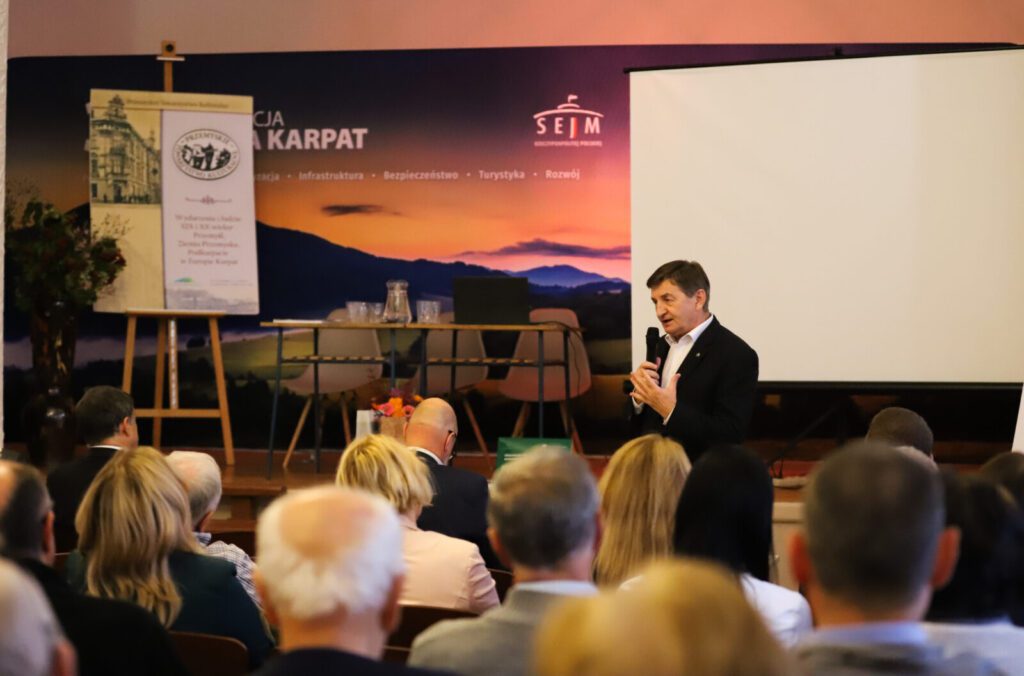
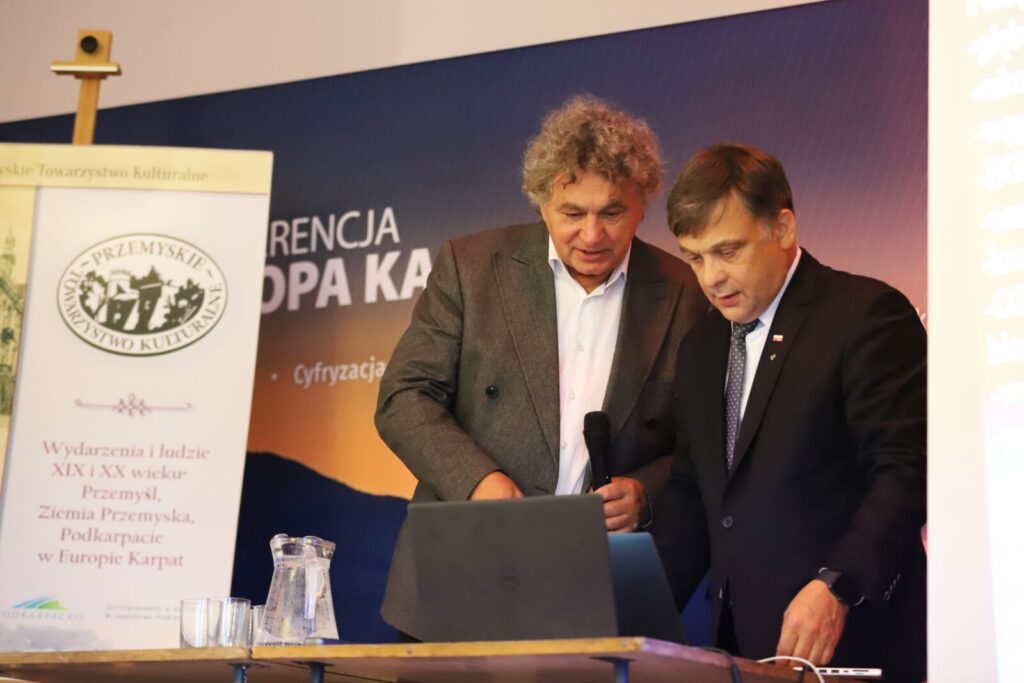
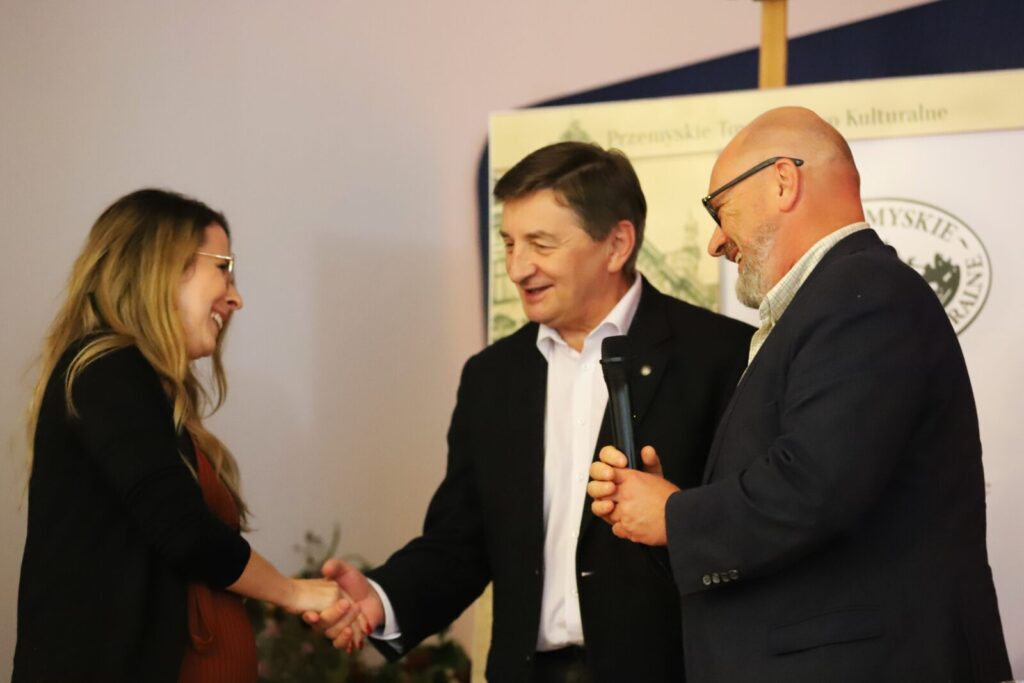
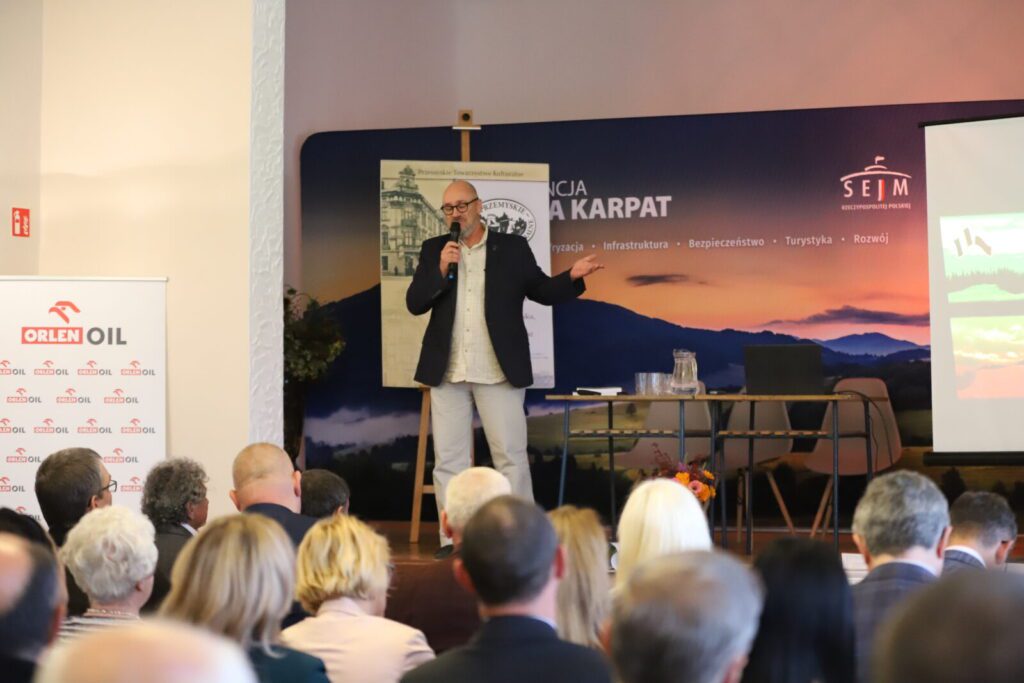
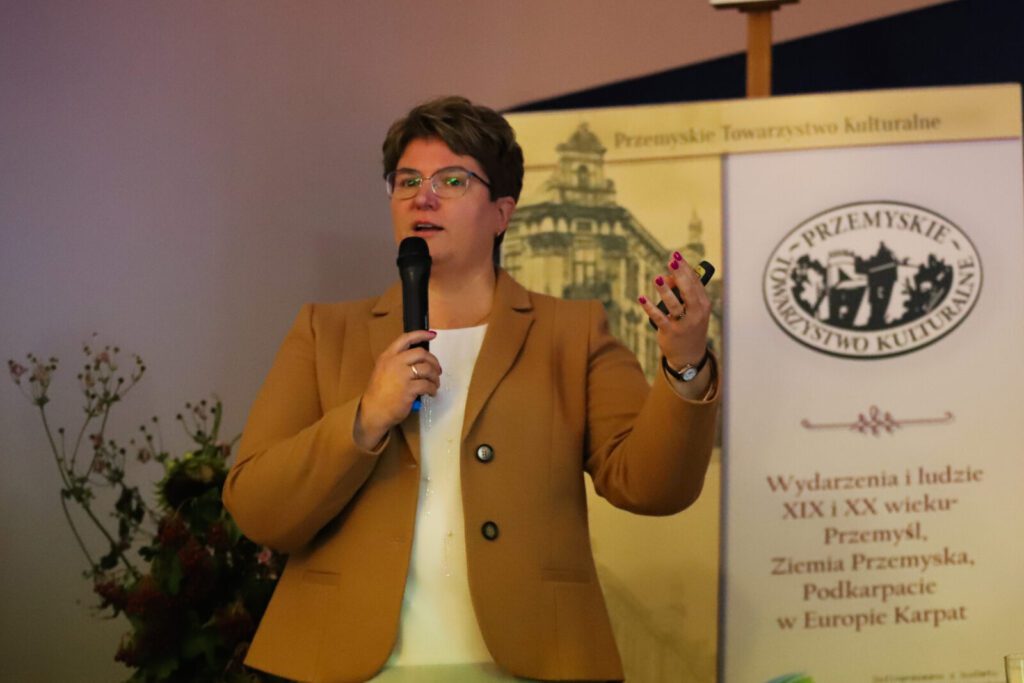
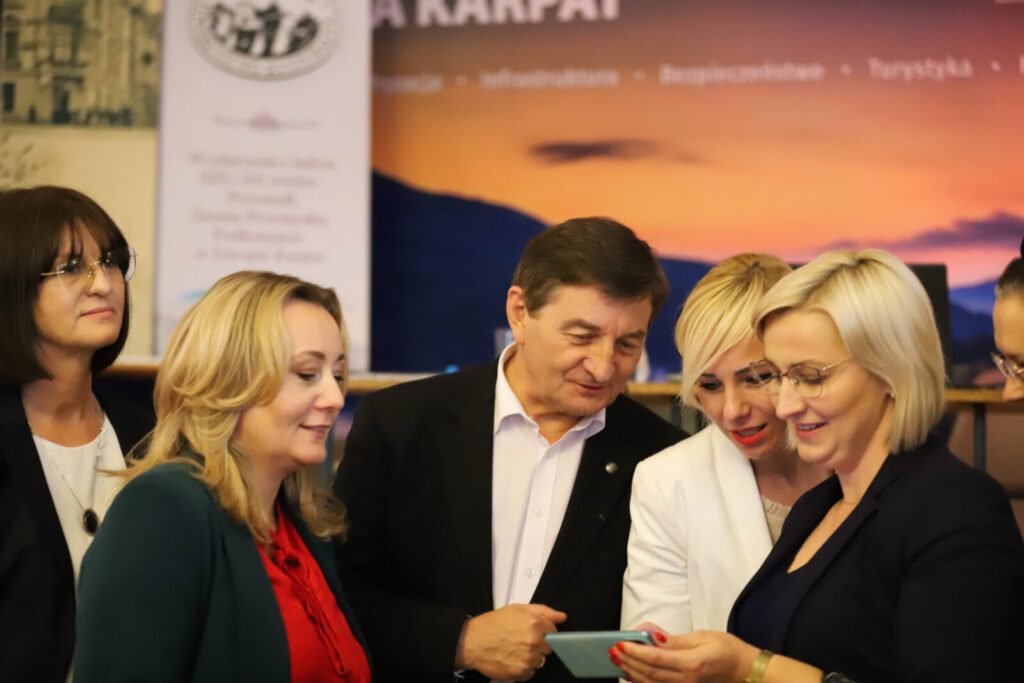
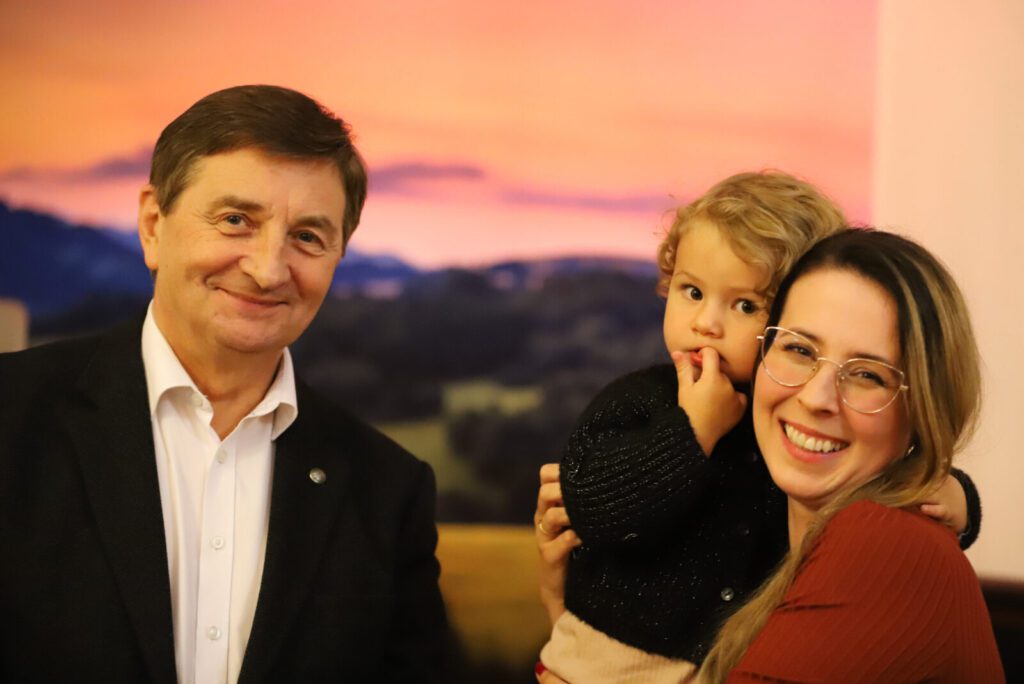
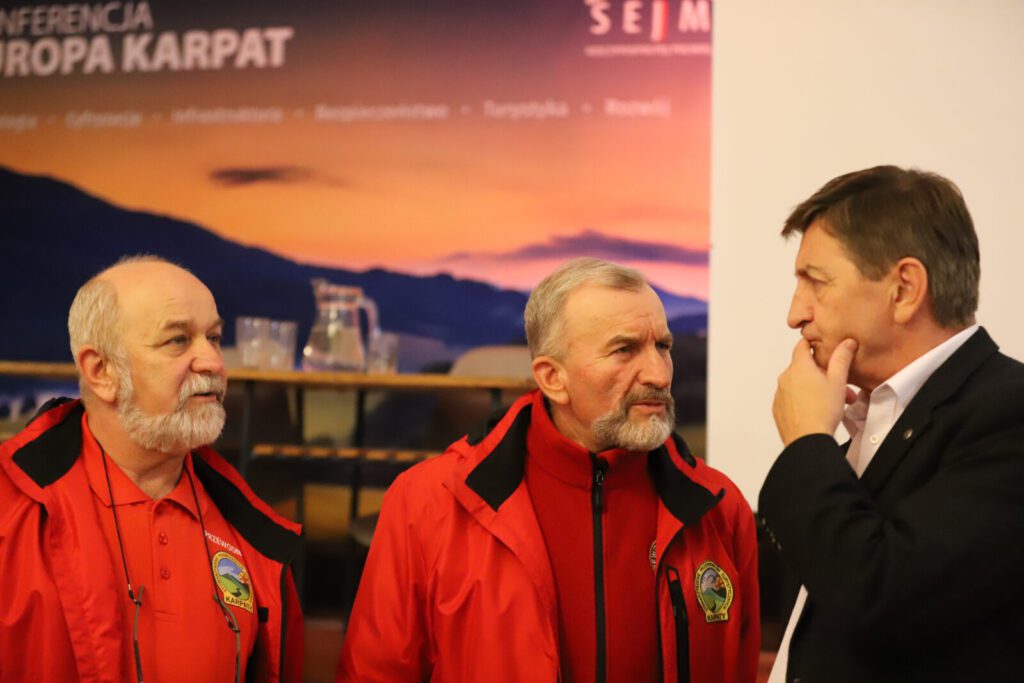
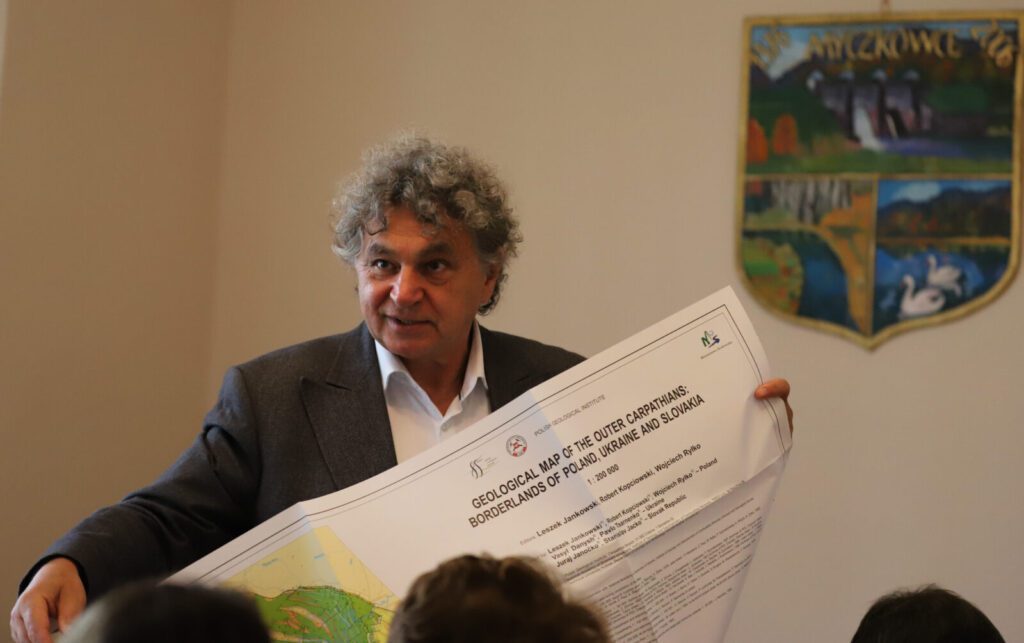
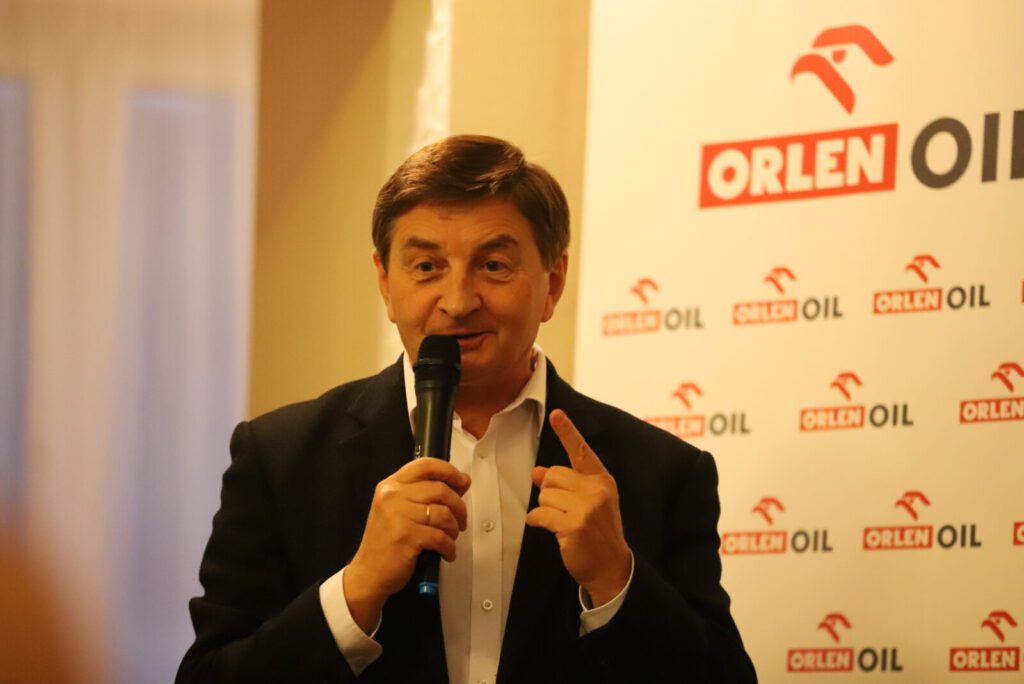
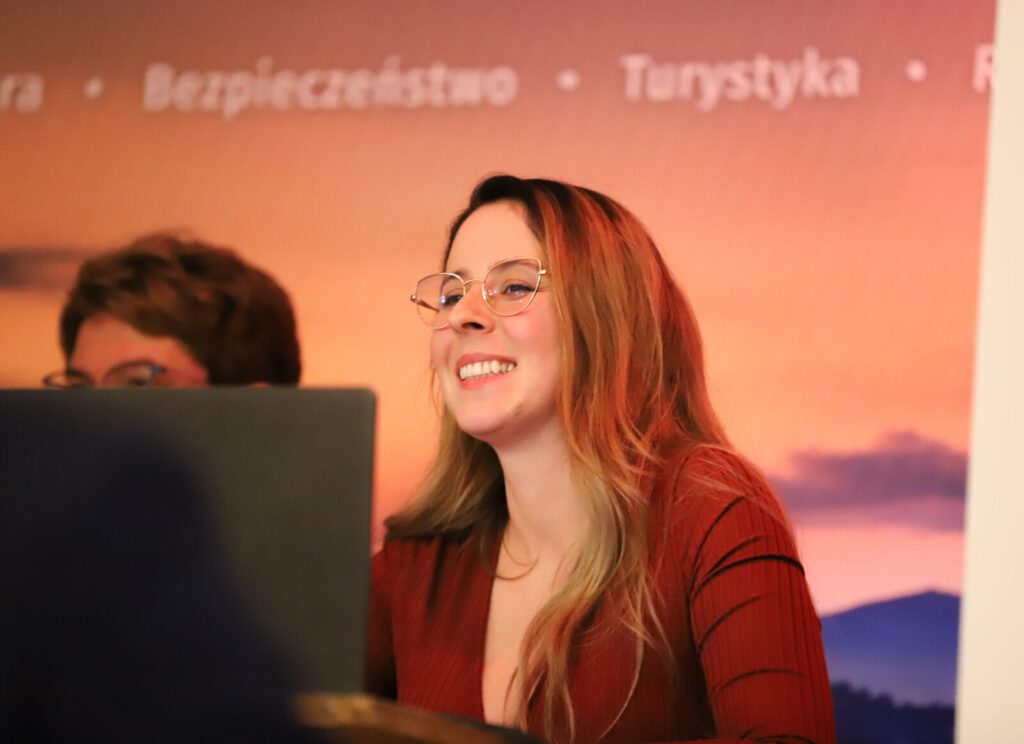
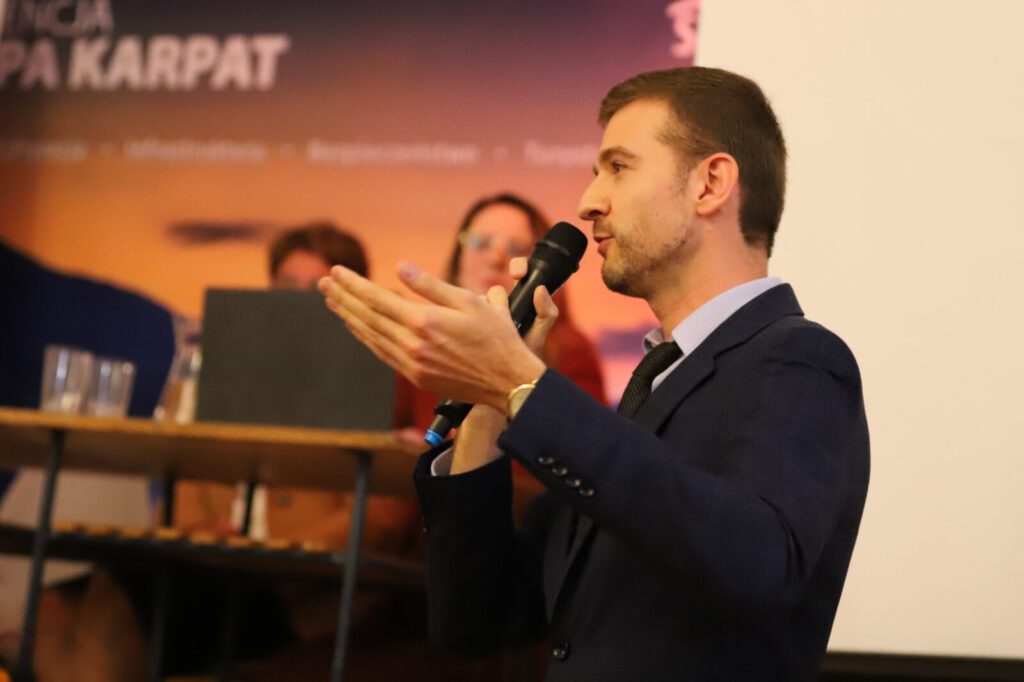
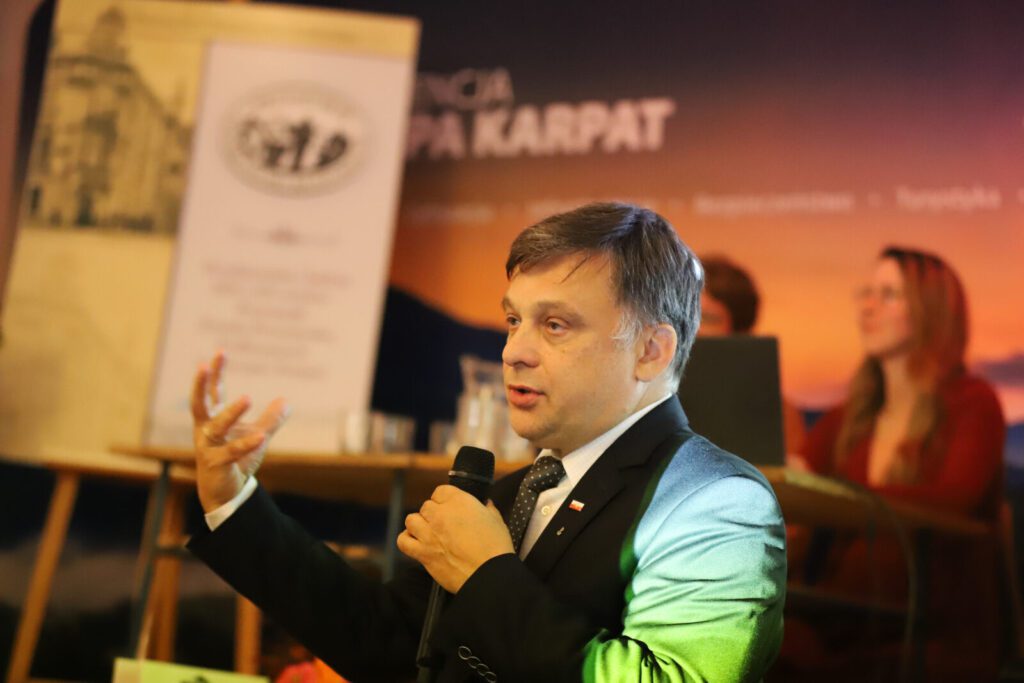
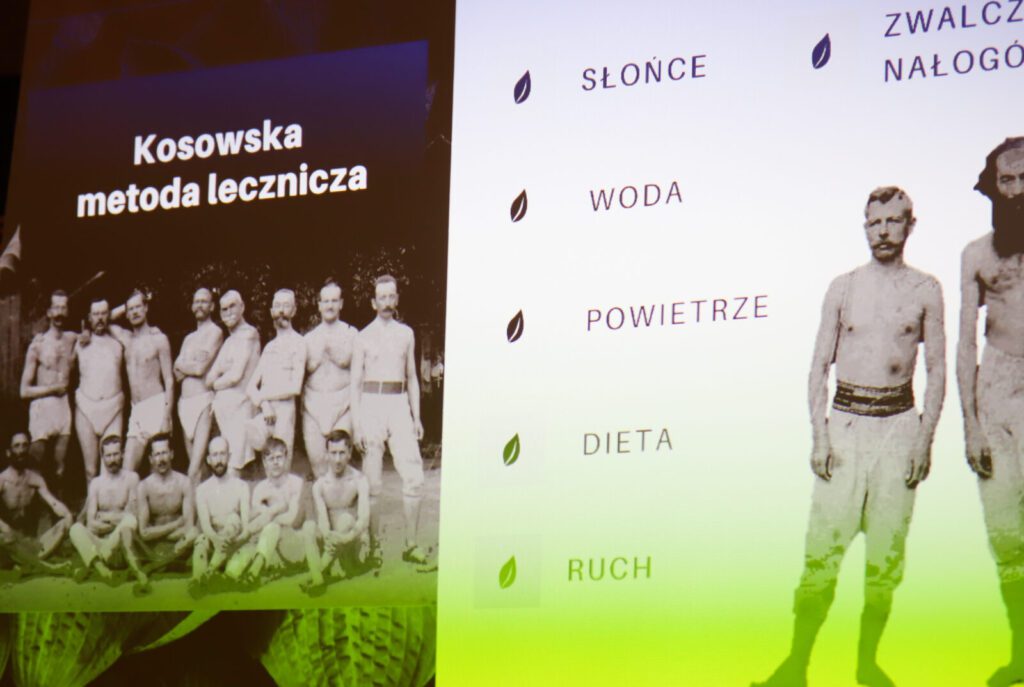
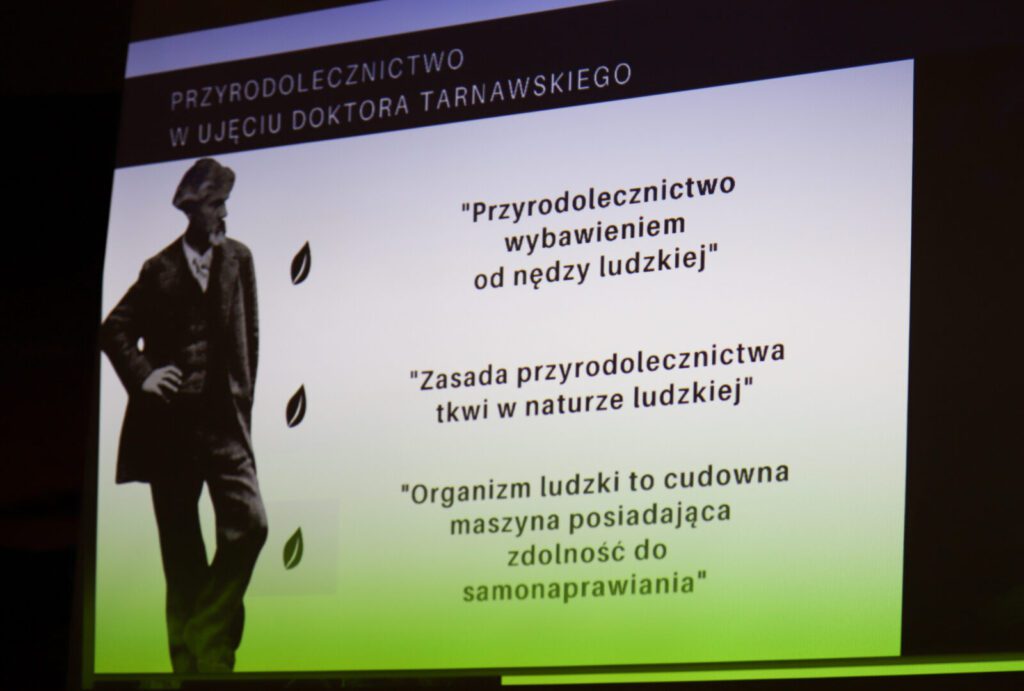
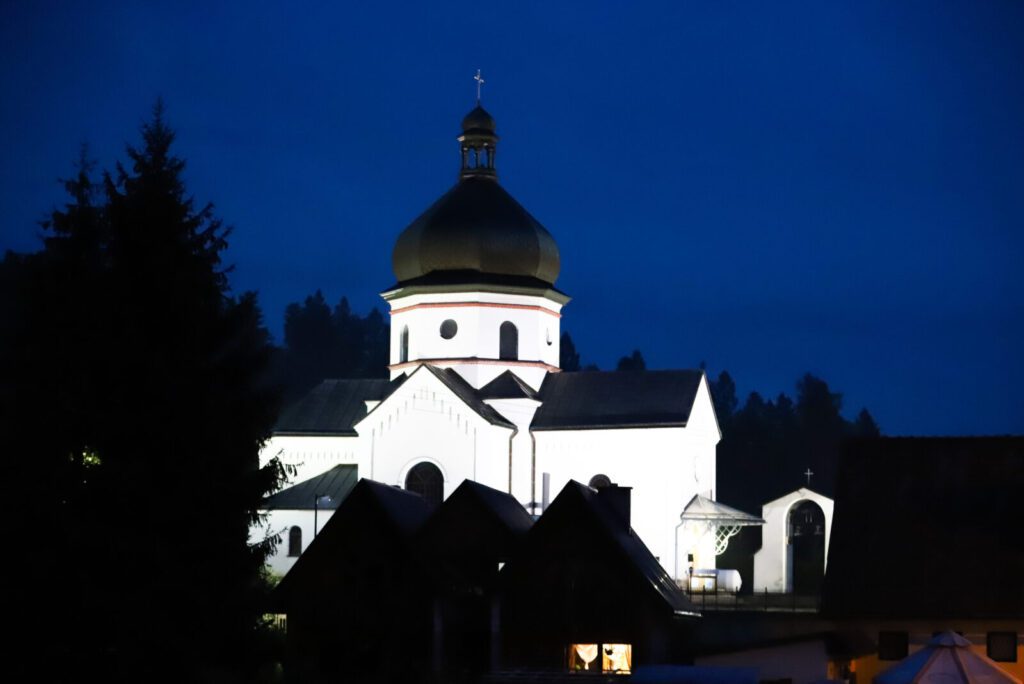
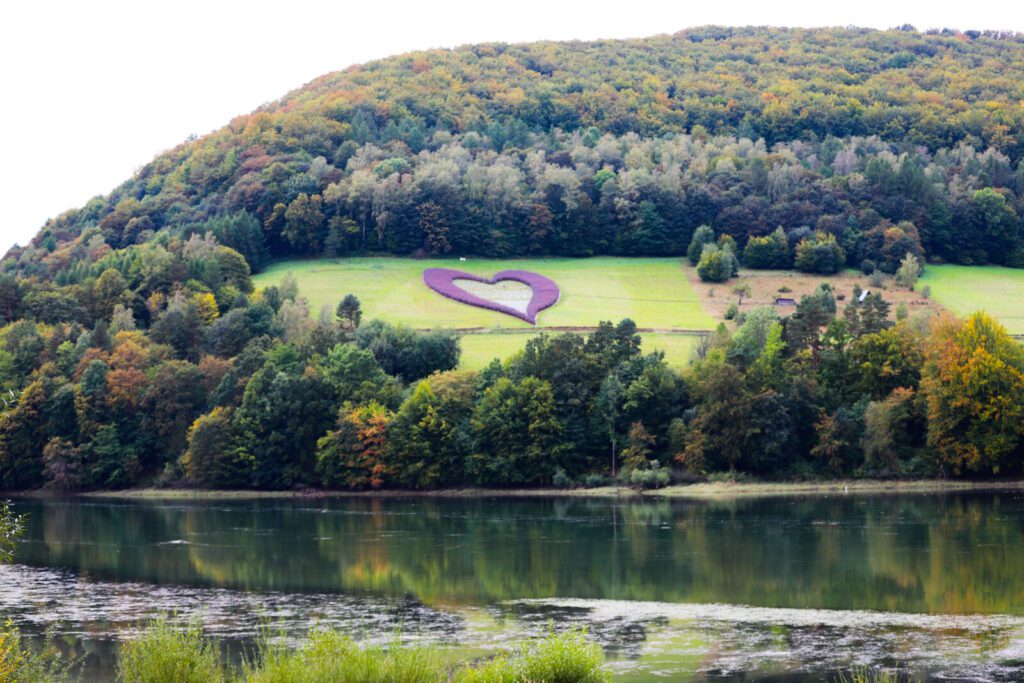
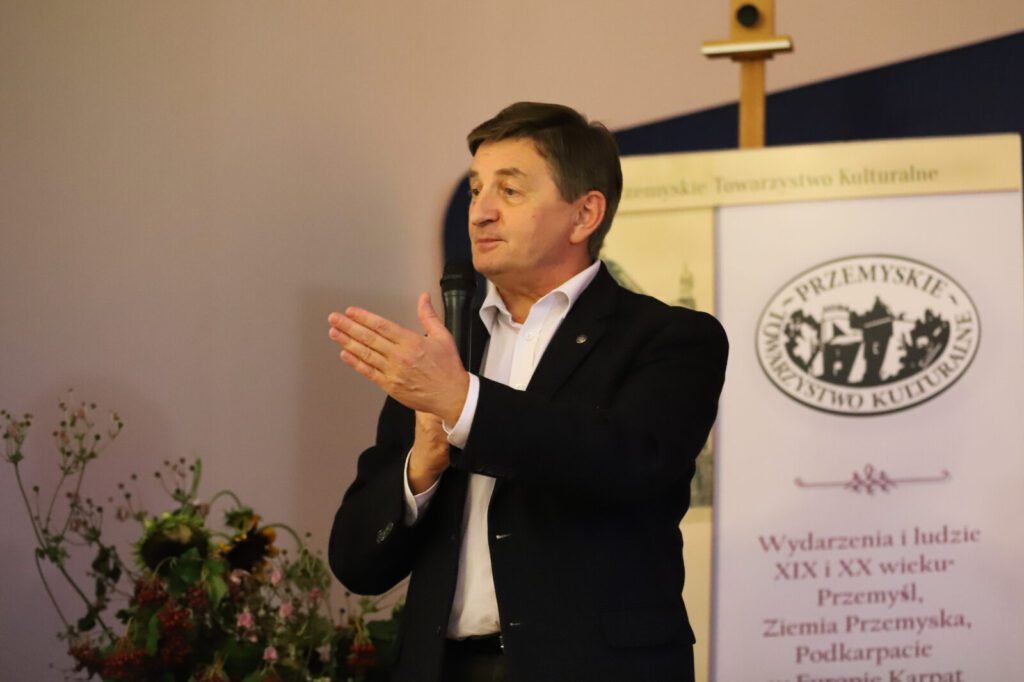
↑ Presentation by Dr. Dariusz Delág


